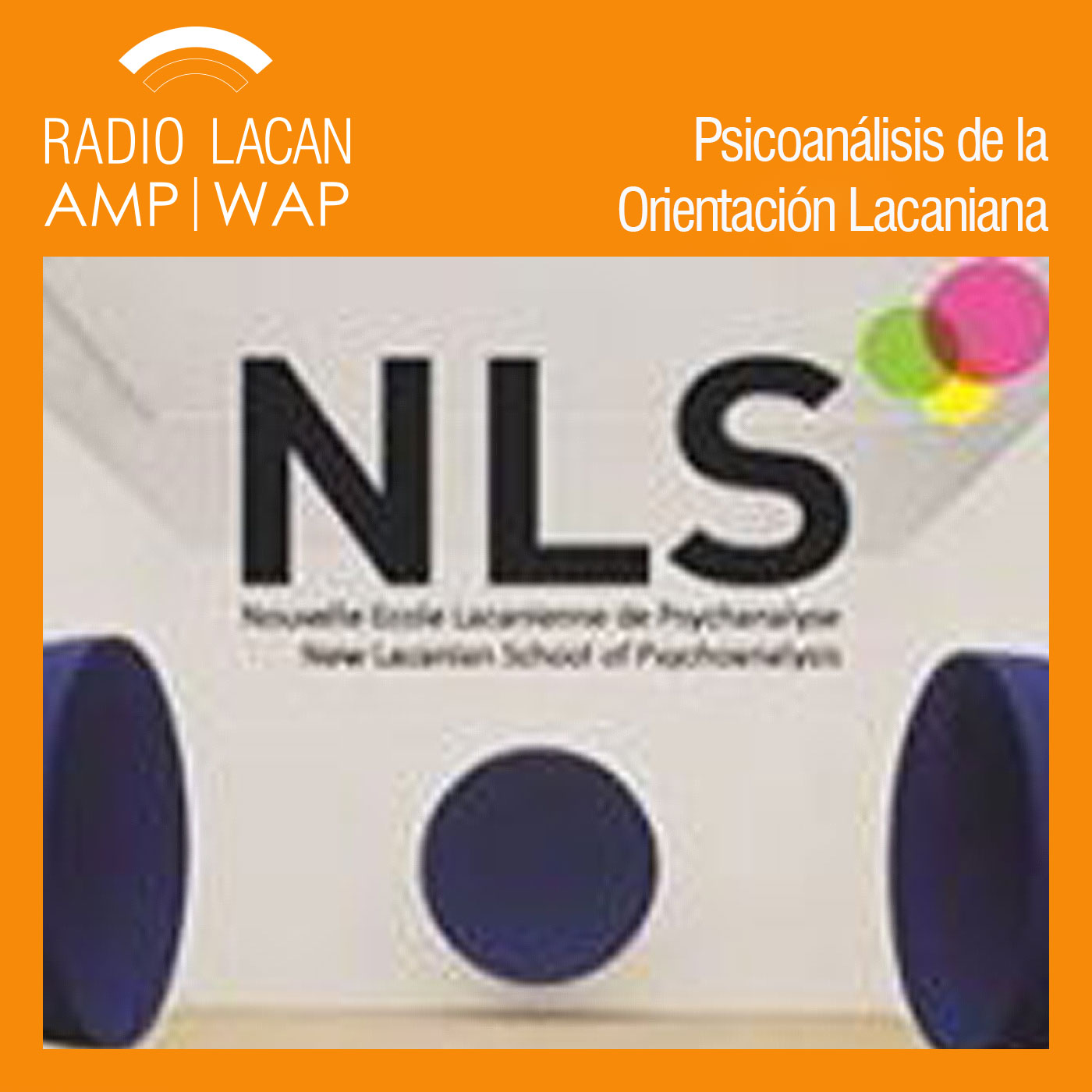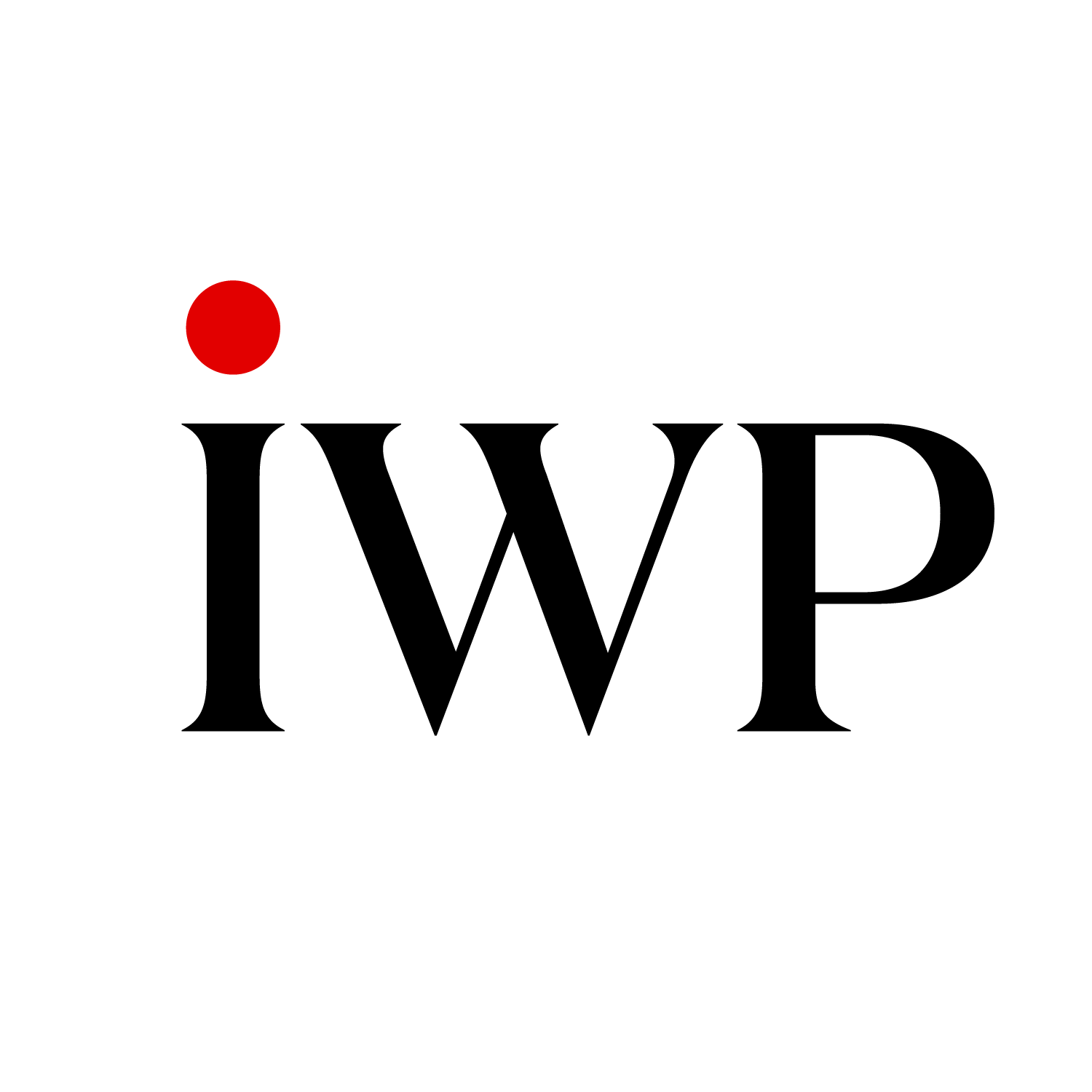 |
PsychChatDr Austin Tay is an organizational psychologist. Author: Dr Austin Tay
Dr Austin Tay is an organizational psychologist. In each podcast episode, he will discuss work-related issues that matter in the workplace. Through the lens of a psychologist, Dr Austin will provide tips and advice to his listeners to help them navigate the complex world of work. Email psychchat@omnipsi.com or send via Twitter @psych_chat to send your comments or suggestions. Dr Austin Tay is the founder of Omnipsi Consulting (www.omnipsi.com). OmniPsi Consulting specialises in executive coaching, leadership assessment and development, career transitioning, training and workplace intervention. Language: en Genres: Business, Science, Social Sciences Contact email: Get it Feed URL: Get it iTunes ID: Get it |
Listen Now...
Episode 057 - Are People Feeling Lonely in the Workplace?
Episode 57
Thursday, 26 February, 2026
Tune in to this captivating episode featuring Dr Austin Tay as he chats with Dr Hodar Lam, also known as Dr Lonely-Ship. Dr Lam is a Research Assistant Professor at Lingnan University, Hong Kong, and Chair of the Division of Industrial-Organizational Psychology of the Hong Kong Psychological Society. Discover insightful research on loneliness in the workplace and get expert tips for organizations and individuals to combat loneliness. And how can Chicken Soup actually help to alleviate Loneliness? Don't miss out—listen till the end! 🚀🎧 #WorkplaceWellness #Loneliness #MentalHealth #OrganizationalPsychology #HKPsychology #SelfCareReferencesLam, H., Giessner, S. R., Shemla, M., & Werner, M. D. (2024). Leader and leadership loneliness: A review-based critique and path to future research. The Leadership Quarterly, 35(3), 101780. https://doi.org/10.1016/j.leaqua.2024.101780Troisi, J. D., & Gabriel, S. (2011). Chicken soup really is good for the soul: “Comfort food” fulfills the need to belong. Psychological Science, 22(6), 747–753. https://doi.org/10.1177/0956797611407931










